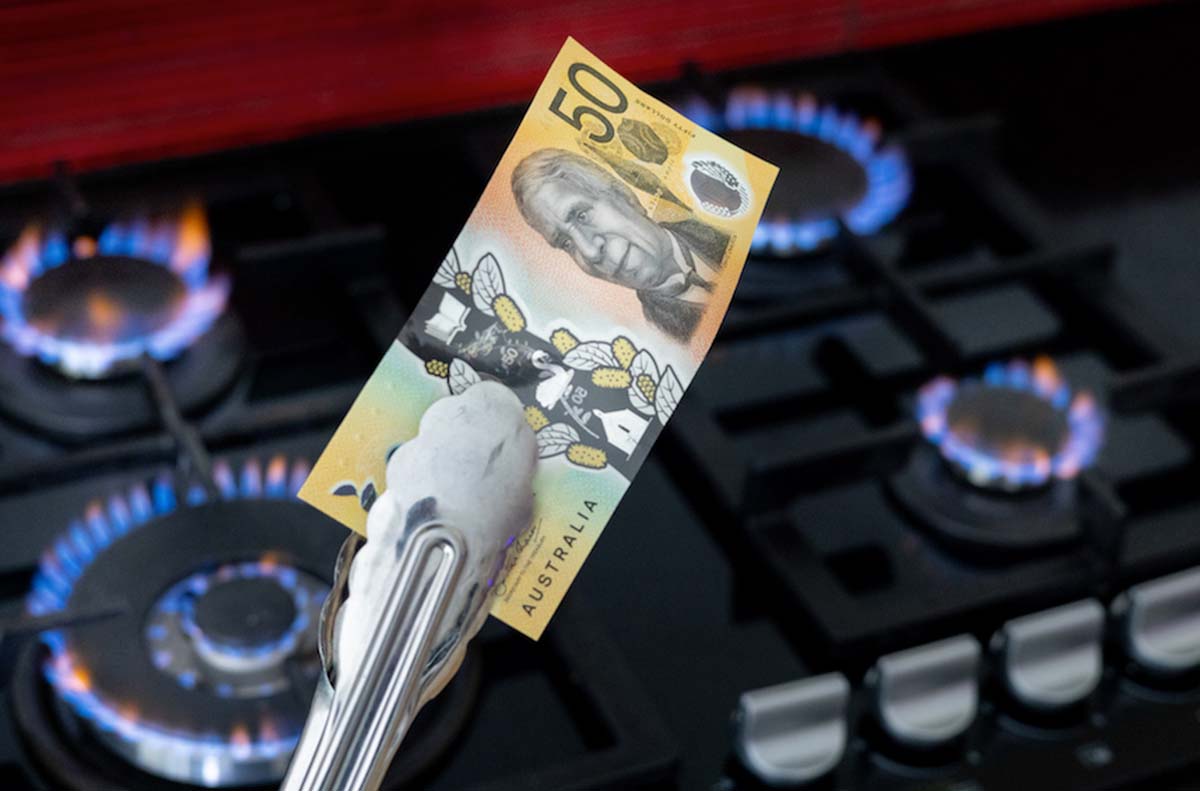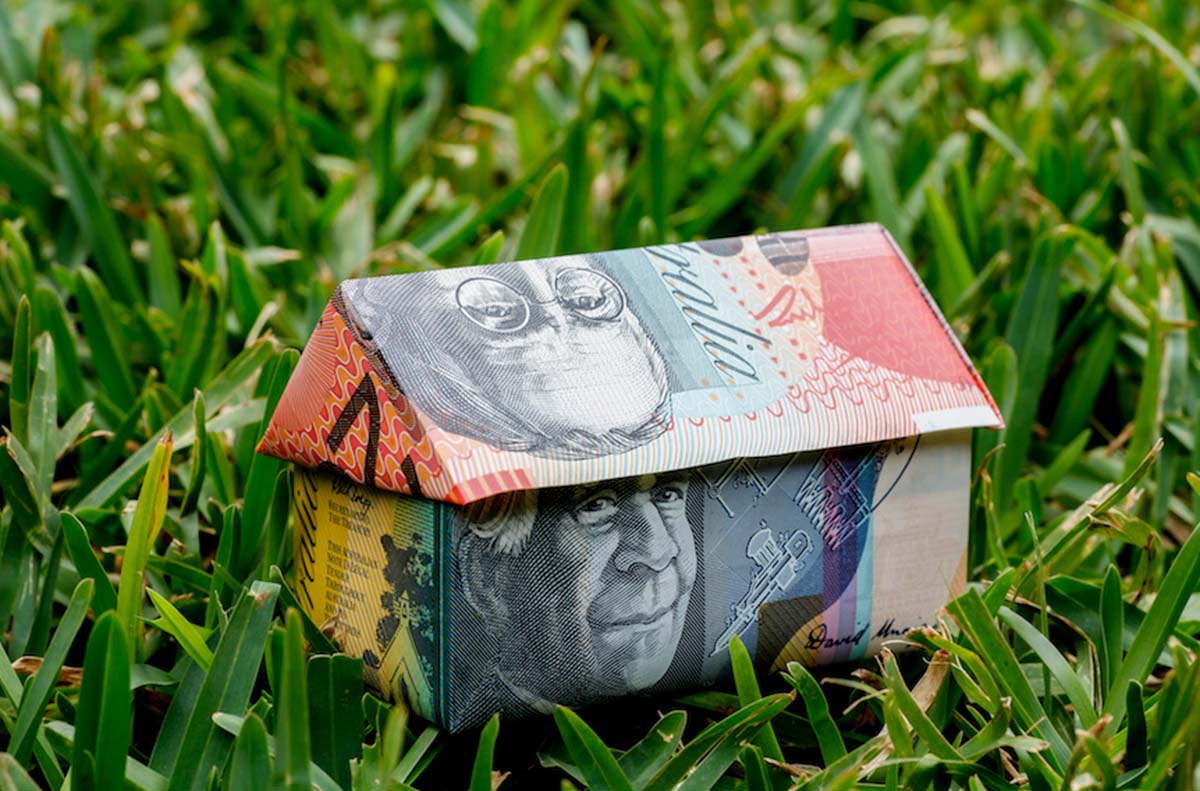Jan 09, 2025 by Mark Dingley
The cost-of-living crisis and shifting consumer preferences are priming the private-label sector for growth for 2025, opening the door to new opportunities for manufacturers.
As the cost-of-living crisis continues, consumers can’t get enough private labels to save money. To tap into this demand, retailers are increasingly expanding their private-label product ranges and entering new categories.
For manufacturers, the surge in private-label demand presents a significant revenue opportunity. Succeeding in the private-label sector is closely linked to higher gross margins and can be a key factor in maintaining competitiveness in a fast-moving industry.

Let’s explore the private label trends to watch in 2025 and what they mean for manufacturers:
Private-label brands have experienced a remarkable rise in recent years, with the private-label share in Australia now growing faster than branded goods.
Research from Nielsen IQ shows that 99% of Australian households continue to buy private-label products. Coles’ private label sales jumped 8.8% in the third quarter of the 2024 financial year.
So, what’s fuelling the rise of private labels?
The big driver is the cost-of-living crisis. Traditionally considered a budget-friendly option, price and value have always been the primary drivers for buying private-label products. Battered by the cost-of-living challenges, customers have become more cost-conscious and willing to purchase private-label products. They are looking for private-label brands with a quality similar to known brands but at a lower cost, i.e. switch and save.

Private-label products are far from just “cheap” alternatives to known brands. In recent years, leaders in private-label products have created and offered premium products that elevate the category and enjoy premium margins.
Coles chief executive Leah Weckert notes that customers were shifting from the lower end of its private label brands to more premium own-brand options to replicate a dining-out experience at home. This shift has led to private-label brands innovating with higher quality products and unique flavours and features, often rivalling known brands in terms of customer satisfaction and value.
According to Nielsen IQ, private-label brands increasingly prioritise sustainability initiatives as part of their core strategies. This is in response to the growing consumer and retailer demand for eco-friendly products.
A Monash Business School’s Australian Consumer and Retail Studies Unit (ACRS) report found that nearly 50% of Australian shoppers now actively consider sustainability when purchasing. The most common way shoppers decide if a product is sustainable or not is whether the packaging is recyclable (62%).
This leads to more sustainable sourcing practices and environmentally friendly packaging and processing. Manufacturers are sourcing ingredients that are certified organic, fair trade, and responsibly harvested to ensure that their products meet consumer expectations and retailer demands.
Private-label brands are also focusing on sustainable packaging, switching to materials that are recyclable, biodegradable or made from recycled content. With food waste recognised as a growing problem, brands are also exploring innovative packaging solutions that extend the shelf life of products and help consumers cut down on food waste, such as better date labelling.
To tap into the consumer demand for private-label products, retailers are increasingly looking to expand their private-label product ranges and enter new categories. After all, they can realise 25-30% higher margins on private labels.
For Coles, Weckert said that private-label growth has outpaced overall supermarket growth for a while now, and the company has expanded its offerings, which now include Coles Finest products and the Coles Simply value range. Coles-owned brands make up about a third of the supermarket’s total sales.
Metcash announced that private-label goods will be one of the key pillars of its food strategy for the next 3-5 years. The shift to private label products also means Aldi will likely increase market share given its more extensive range of private label products – more than three-quarters of ALDI sales come from private label products. For manufacturers, this could mean a significant boost in revenue.
Watch Mark Alam from Metcash on how to become a private label supplier in this talk.

As brands compete for consumer attention, how private-label products are designed and presented on shelves can influence purchasing decisions. Consider these factors in your private-label packaging:

By partnering with retailers and offering innovative, high-quality, sustainablypackaged products, manufacturers can tap into the growth of private-label products in 2025.
At Matthews Australasia, we work with many food & beverage companies to help them prepare their coding, labelling and inspection systems for private-label contracts. Talk to us to see how we can help you.
Learn more about how manufacturers can benefit from the rise of private label.